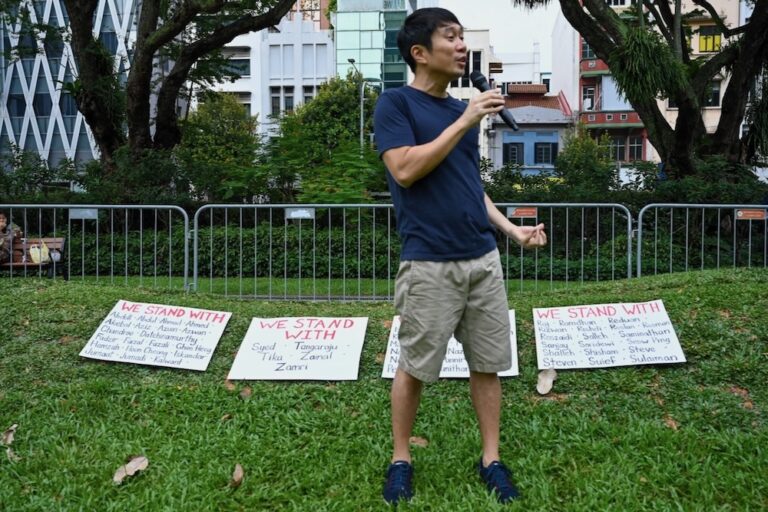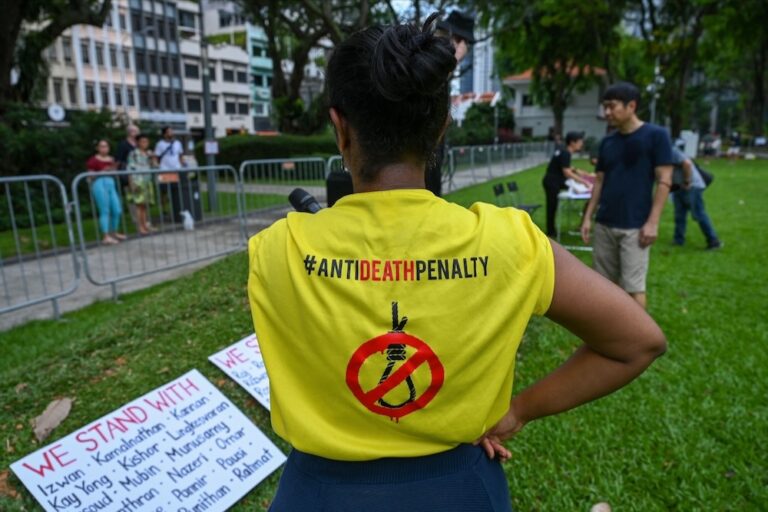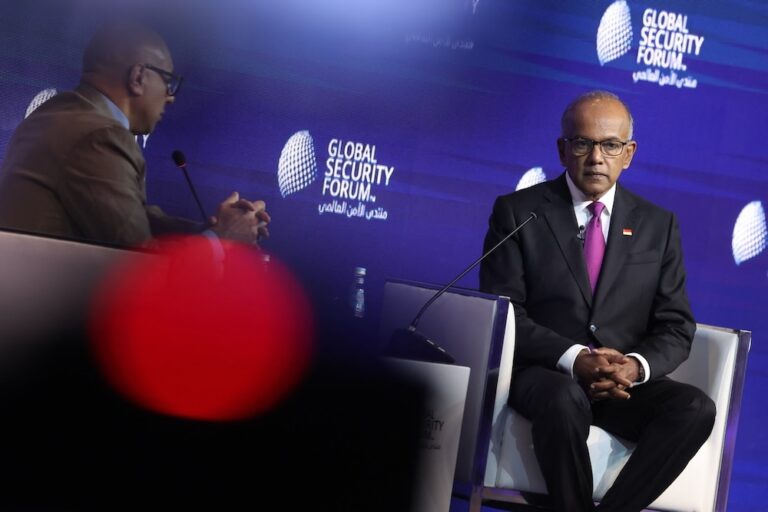(RSF/IFEX) – On 19 August 2002, RSF voiced its concern about a High Court judge’s recent ruling that journalists do not have the right to protect their sources. Pointing out that the protection of sources was already constrained by very strict defamation legislation, RSF Secretary-General Robert Ménard described the ruling as an “aggravating factor” that […]
(RSF/IFEX) – On 19 August 2002, RSF voiced its concern about a High Court judge’s recent ruling that journalists do not have the right to protect their sources. Pointing out that the protection of sources was already constrained by very strict defamation legislation, RSF Secretary-General Robert Ménard described the ruling as an “aggravating factor” that could set a juridical precedent.
“It is likely to encourage silence or at least mistrust on the part of persons who would otherwise talk to journalists,” Ménard said. “In a country in which the media are already strictly controlled by the state, this decision further weakens the possibility of discordant voices being heard.”
In a ruling in July on a businessman’s libel lawsuit against Singapore Press Holdings, a news media group, Judge Choo Han Teck said the courts could force journalists to reveal their sources in civil cases, thereby overthrowing the so-called “newspaper rule”, a British practice more than 100 years old exempting newspapers from disclosing their sources.
“Only lawyers and their clients are exempted from such disclosure. Journalists, like members of respectable callings such as priests and doctors, do not have this privilege,” the judge said, adding that it was for each court to decide when disclosure of sources was appropriate.


